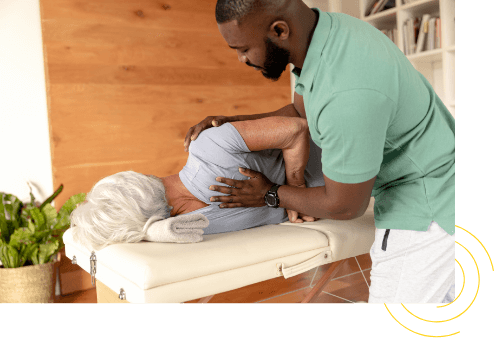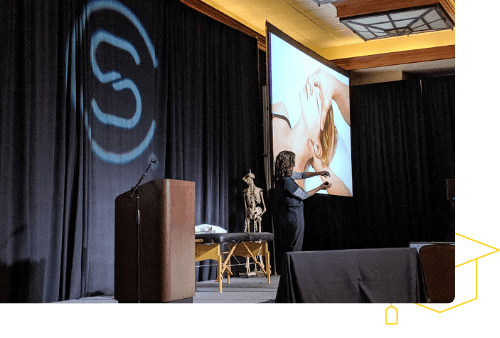Research Efforts and Grant Opportunities
Our Research efforts are designed to support the advancement of publishable clinical research trials that measure and verify the effects of Fascial Counterstrain when used to treat various health conditions.
Our Research efforts are designed to support the advancement of publishable clinical research trials that measure and verify the effects of Fascial Counterstrain when used to treat various health conditions.

Our first research study asked whether Fascial Counterstrain could impact traumatic stress symptoms in First Responders and Veterans. The peer review and publication process is complete, and the full research papers are now available here: Rapid Reduction in Posttraumatic Stress Disorder Symptom Severity after Three Fascial Counterstrain Manual Treatments: A Proof-of-Concept Study.
We are excited to share what we discovered with the world.

Our long term goal is to be able to offer $10,000 grants to researchers conducting trials to measure and verify the effects of Fascial Counterstrain and its effects when used to treat health conditions in the body.
Our hope is to offer our first research grant to independent researchers by 2029.

Research into the mechanism and benefits of Fascial Counterstrain is still in it's early phases. As more and more studies are realized, we are committed to supporting and promoting data-driven, science-backed research that measures and verifies the effects of Fascial Counterstrain treatment.
“Can Fascial Counterstrain effectively treat symptoms of posttraumatic stress disorder and its comorbidities?”
The Bridge Back Project's founding research team spent 3 years discussing, winnowing, and finalizing the ideas and protocol that would become our first clinical research trial study.
The study ran from January 2020 to October 2021. Our research findings have been successfully peer-reviewed and published.
Any time you see us mention FCS as an application for PTSD, we are referring to work done with patients during our study. Fascial Counterstrain is not an approved treatment for PTSD at this time. It is considered an experimental treatment and more research is needed to explore and determine efficacy.
Our team successfully completed the peer review process, and the final research paper is now published. We are thrilled to share what we learned with great enthusiasm. Our team worked diligently to provide a transparent, comprehensive report on our findings, a culmination of a 5-year effort.
The full research papers are available for everyone to access here:
Rapid Reduction in Posttraumatic Stress Disorder Symptom Severity after Three Fascial Counterstrain Manual Treatments: A Proof-of-Concept Study
To make our research available to everyone, we invested in open access fees. If you want to support this research and help us cover the associated open access and dissemination costs ($3,000), please consider making a donation today.


Our Research Team is continually discussing and brainstorming ideas for future research. At this time, we hope to embark on our next study as early as 2028. Regardless of the preparation timeline required, we remain eager to explore the applications of Fascial Counterstrain to treat life-impacting health conditions over the decades to come.
We would like to use imaging and labs to provide more concrete evidence to support our theories of how Fascial Counterstrain impacts the body’s physiological processes.

We’d like to acknowledge our research team: our principal investigator - Dr. Holly Christy (ND, LAEMP, CACI, JSCCI); our Fascial Counterstrain Provider team - Shannon Arndt (MSPT, JSCC), Willy Cherry (PT), Dr. Rachel Harmon (ND, LAc); our psychologist - Dr. Sharon Johnson; our co-authors - Brian Tuckey (innovator of Fascial Counterstrain) and Capt. Meena Vythilingam (MD, Director, Center for Health Innovation at U.S. Department of Health and Human Services); and our statisticians at Mountain-Whisper-Light Statistics and Data Science, Dr. Miljacic (MS, PhD) and Dr. Polissar (PhD).
The Bridge Back Project will work towards offering $5,000-$10,000 in funding each year to independent research groups that investigate the effect Fascial Counterstrain can have to treat a wide variety of conditions and ailments. We hope to offer our first research grants as early as 2027.
To keep up to date on our own research progress as well as receive news about the Research Grant Program, subscribe to our newsletter.


Do you want to receive regular updates on upcoming events and news regarding The Bridge Back Project?